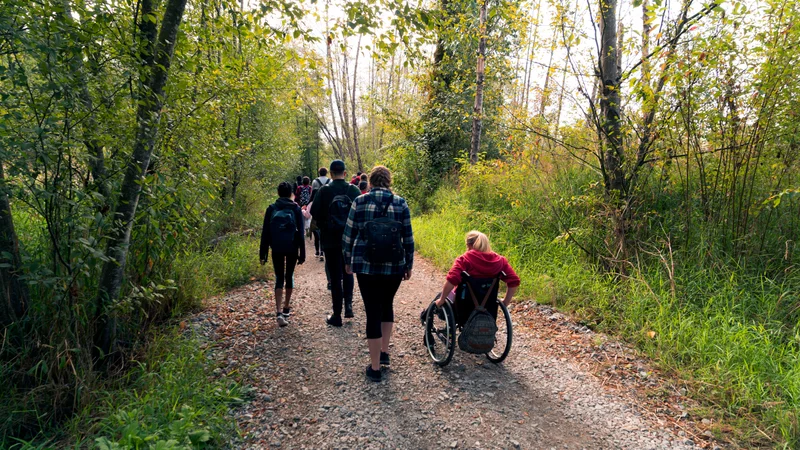Increasingly, educational institutions have begun to grapple directly with complex issues — climate change, residential schools, refugees, systemic racism — in deeply purposeful ways. However, when they do so they also encounter the trauma that is interwoven with these themes: personal trauma, cultural trauma, intergenerational trauma. And this trauma is not easily managed. Learners can be traumatized or re-traumatized when exposed to educational content. Educators can be vicariously traumatized by interactions with learners and directly traumatized by colleagues. Leaders and managers can be traumatized by organizational turbulence, burnout, and emotional fatigue. Everyone can find themselves struggling with strong emotions and uncertain pathways.
As a consequence of these risks and opportunities, educational institutions have begun to develop trauma-aware practices to help navigate trauma safely and effectively. In these sessions, participants will learn about the basic dynamics of trauma, how these dynamics play out in educational settings, and how organizations can develop and sustain practices to minimize the risks of ongoing harm to everyone.
Especially now — during a time when dealing with complex issues has become a priority for educational institutions — how can educators stay emotionally healthy? How might institutions develop strategies to ensure that employees don’t slide into trauma or deep distress? How can institutions promote wellness and resilience within their organizations and for their communities? The training sessions address these questions by providing participants with strategies for cultivating mental health and wellness, building capacity, and cultivating healthy outcomes for everyone.
Curriculum
This training emphasizes the various dimensions of trauma awareness in the design of educational experiences and explores considerations for emotional safety when learners are exposed to content that might provoke strong emotional reactions. The content includes the following themes:
- What is trauma?
- How is trauma connected to themes such as mental illness, addiction, racism, poverty, and similar challenges?
- What are the risks for educators in providing content that is likely to provoke traumatic responses in learners?
- How can educational institutions mitigate these risks?
- How does trauma healing work?
- What can educators do to encourage trauma healing in their classrooms?
- How can educational institutions help educators manage emotionally charged situations?
- How can educational institutions cultivate emotional safety, belonging, and trust to help heal trauma in their communities?
Structure
This training takes place either virtually or in-person over the course of three sessions of 90 minutes each.
Fees
The base fee for this training is $4500 (plus GST and travel, if required). This includes:
- consultations to prepare for the sessions and set the groundwork for a positive experience for participants;
- facilitation of the sessions via Teams, Zoom, or in-person;
- consultation on matters involving trauma-aware educational design (up to 3 hours).
Note: completion of this foundational training module qualifies an organization to receive a discount of 20 percent on the 6-session mental health skills for educators training.
Considerations
This type of training is more complex, and more dynamic, than typical professional development seminars involving presentations and content delivery. This is much more personal, and perhaps more challenging for some people. It’s important to be careful in doing this kind of training; you can make things worse while trying to make them better. These considerations entail an approach that is flexible as well as mindful.
Subsequent to these introductory sessions, many organizations choose to complete the mental health skills training, which provides a more detailed context for developing practical strategies to deal with emotionally charged situations.









